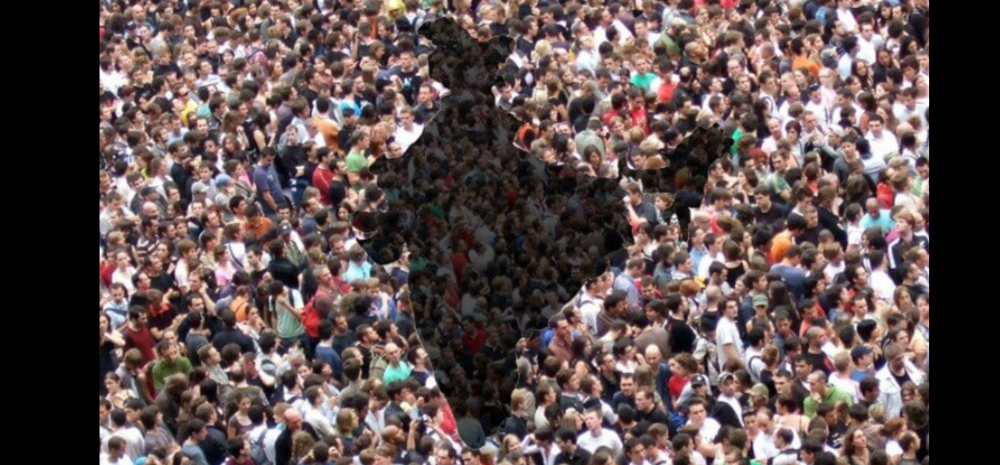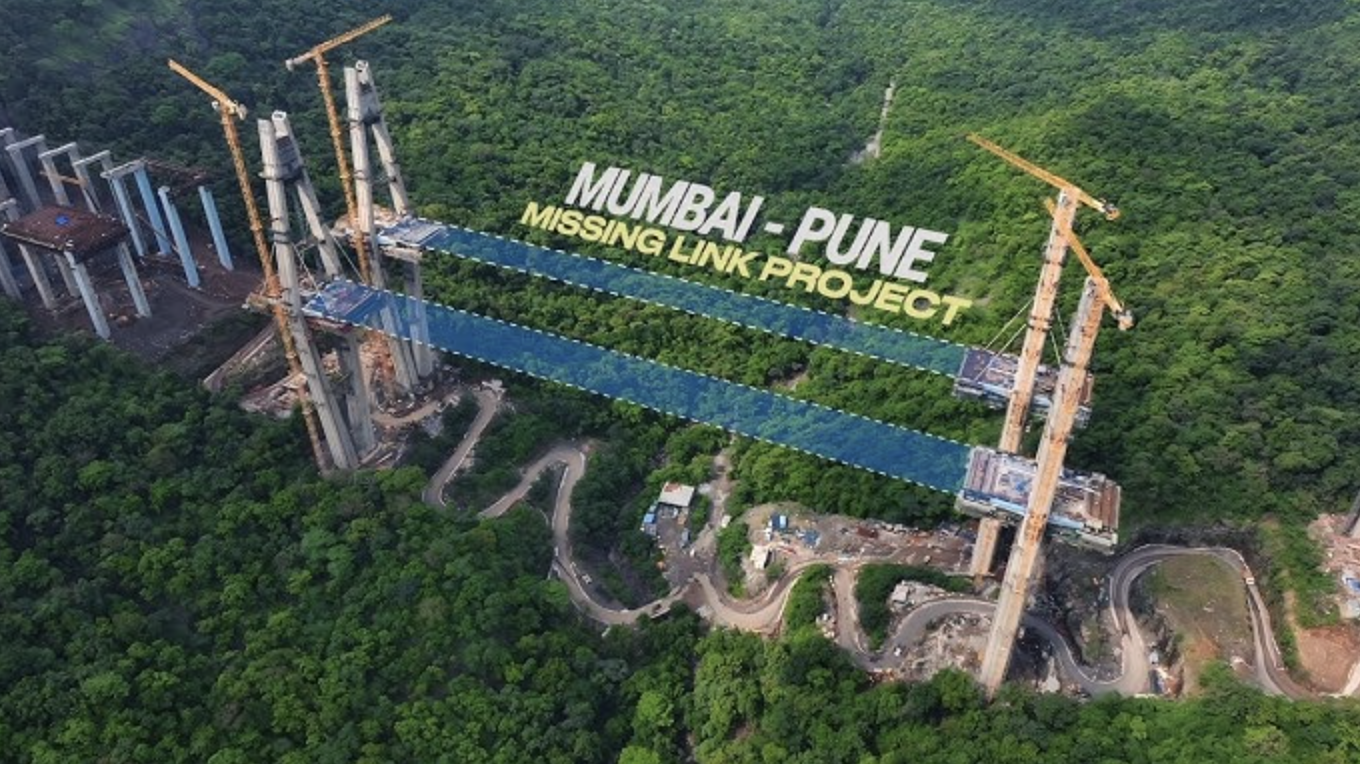As per a recent report by United Nations Population Fund (UNFPA), the population of India has reached 1.44 billion. Out of these, 24% fall in the category of 0-14 years age group.

A Glimpse into ‘Interwoven Lives, Threads of Hope’ Report
Title as “Interwoven Lives, Threads of Hope: Ending Inequalities in Sexual and Reproductive Health and Rights” report also projected that the nation’s population will double in 77 years.
With a population of 1.4417 billion, India overtook China, which is currently at 1.425 billion.
Notably, India’s population was 1.21 billion in last census of 2011.
Moving on to the demographic insights of the report, 24% of populace falls in 0-14 years category, 17% fall in 10-19 years category, 26% fall in 10-24 years category and 68% fall in 15-64 years category.
With an expectancy of 71 years and 74 years in men and women respectively, only 7% of Indians are above 65 years of age.
India Fights Inequalities
As per the report, India has moved up in 3 decades when it comes to maternal death reduction. However, there are persistent inequalities, particularly among marginalized communities.
Notably, maternal deaths still accounting to 8% of global fatalities.
Though India has progressed leaps and bounds as compared to itself earlier, the country has some districts who have managed to reduce maternal mortality ratio below 70 per 100,000 live births, whereas some districts still go till 210.
Various factors such as socioeconomic status, ethnicity, caste, and religion contribute to these disparities.
Speaking of the disadvantaged, which include women with disabilities, migrants, refugees, ethnic minorities, LGBTQIA+ individuals, and lower caste people have heightened vulnerability as compared to others.
The former face greater challenges and risks in sexual and reproductive health and encounter barriers in accessing healthcare services. The aforementioned are further exacerbated by factors like climate change, humanitarian crises, and mass migration.
While highlighting the intersectionality of social inequalities and their impact on sexual and reproductive health outcomes, some Dalit activists in India advocate for legal protections against caste-based discrimination in edifices of work and education.
The report further highlighted the progress in the reduction of unintended pregnancies and maternal deaths globally, but it also emphasizes the urgent need for sustained investment and global solidarity to address widening inequalities and reach those furthest behind.











